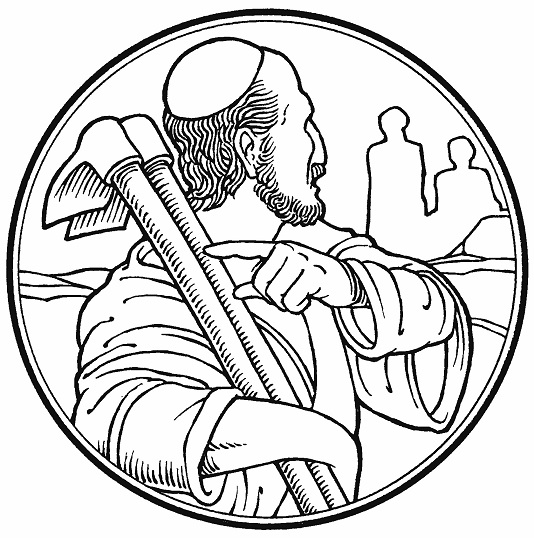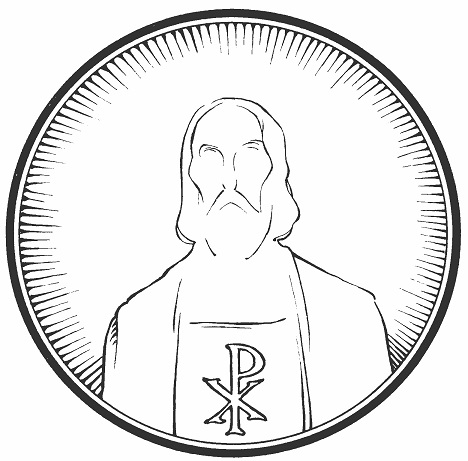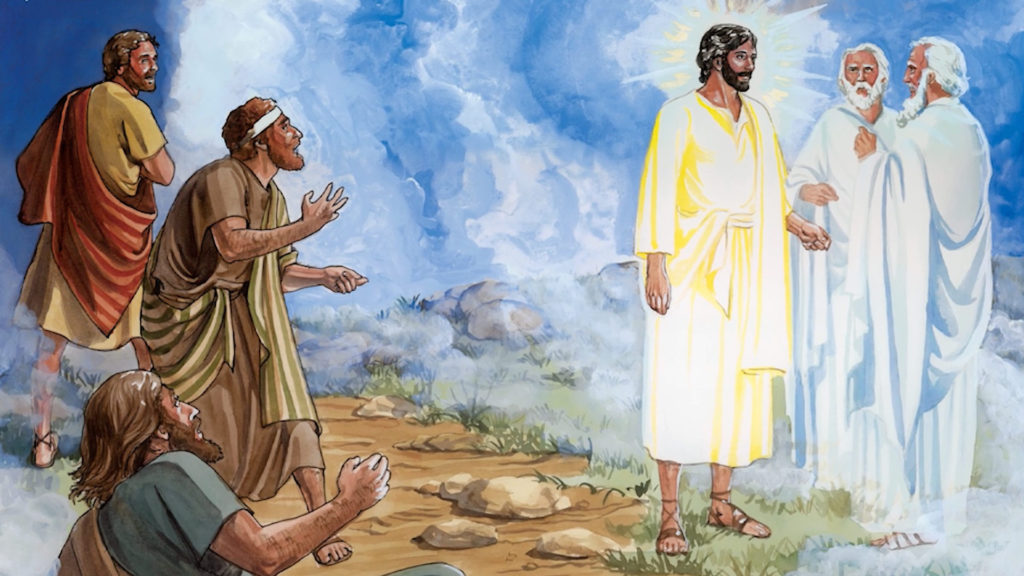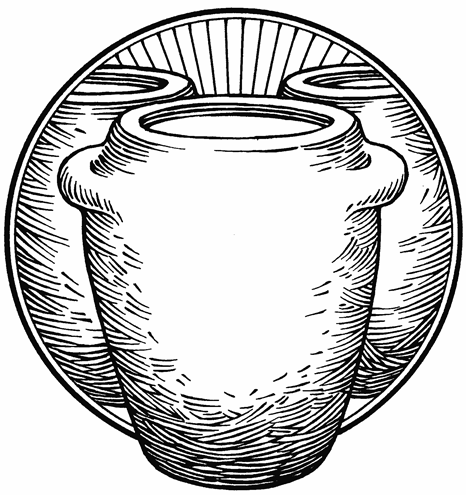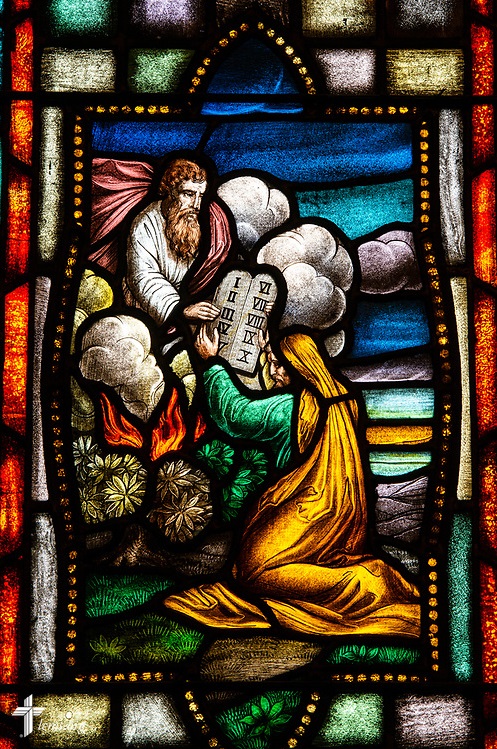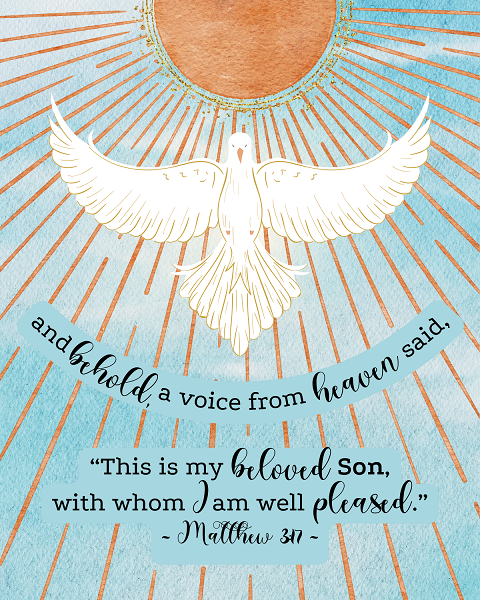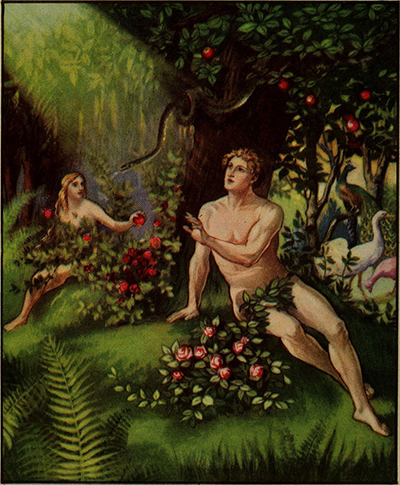Readings: Exodus 17:1-7 | 1 Corinthians 9:24-10:5 | Matthew 20:1-16
Text: Matthew 20:1-16

Quite often, the airwaves are abuzz with talk of fair wages and proper compensation. Strong words come from politicians, talk show hosts, and probably in your own conversations, too. Everyone wants to get what’s owed to them, and as much as possible. But there seems to be no agreement on what that is. So, the fiery debates continue.
But, here, in the Kingdom of Heaven, we need to leave all that clamor behind. It’s earthly baggage. If we try to bring it with us, we will be in grave danger of missing what grace really is. So, leave the world while you’re in this place, and listen to your God and Savior.
We will focus especially on the Master’s question in the parable, “Am I not allowed to do what I choose with what belongs to me?” (v. 15)
“A master of a house who went out early in the morning to hire laborers for his vineyard.” Notice carefully what he does: Nobody came to him looking to work in his vineyard. Rather, he went out to look for them. And notice the people that he hires: idlers. If he hadn’t called them, they would have gone home at the end of the day empty-handed. But did the landowner owe these workers a job? Did these laborers have any claim on the master’s property? Not at all. It was the master’s free choice to go out and hire these laborers. It was his vineyard, so he set the wage and the rules for working there.
The Lord once said to Job, “Where were you when I laid the foundation of the earth? Tell me, if you have understanding.”[1] The truth of the matter is, God does not owe any person anything. He is the Creator, and we the creatures. Not the other way around. He is not accountable to us; we are to Him. He formed us from the dust, and everything that makes us different from animals is due to Him creating us in His image. “Remember that you are dust, and to dust you shall return.” God said this to the man and his wife after they brought sin into the world.[2] And, boy, do we need that reminder! In our sinful arrogance, we want to answer back to God and accuse Him of being unjust and stingy. But it is He who formed us, and by His own will gave us body and soul, eyes, ears, our reason and all our senses.
And we must understand this in order to enter God’s heavenly Kingdom. God does not owe us anything. Is He guilty toward mankind? It was man who turned away from Him, despite the warning of death’s consequence. Is He guilty for accusing you of sinning against Him? No, He “is justified in His words and blameless in His judgment.”[3]

He is the one who planned for your salvation, and fulfilled all of His saving promises. He is the owner of the vineyard, as He also explains in Isaiah 5, “My beloved [which is God] had a vineyard on a very fertile hill. He dug it and cleared it of stones, and planted it with choice vines; he built a watchtower in the midst of it, and hewed out a wine vat in it; and he looked for it to yield grapes, but it yielded wild grapes.”[4] God built it and prepared it, and put us in it. Heaven and earth are His property. He restored us, when all we deserved was to be thrown off his land. Still, even after this, we have no claim on His property.
By our natural birth, we are those laborers standing idle in the marketplace. And corrupt workforce that we are, we don’t even want to be in God’s vineyard, as the Psalm says, “The Lord looks down from heaven on the children of man, to see if there are any who understand, who seek after God. They have all turned aside; together they have become corrupt; there is none who does good, not even one.”[5] But He comes out seeking us through the preaching of the Gospel. He preaches, “As far as the east is from the west, so far have I removed your transgressions from you”[6] and He calls us into His vineyard, His Kingdom. And He does it all by His free choice, without any merit or worthiness in us.
And because it all belongs to Him, He has the authority to do what He wants with what’s His. He has the power to hand out His gifts of forgiveness and life to whomever He wants. Since none of us has a claim on it, it’s entirely up to Him who He gives it to. “For he says, ‘I will have mercy on whom I have mercy, and I will have compassion on whom I have compassion.’”[7] To prostitutes, tax collectors, and sinners? The poor, the widows, and the orphans? To wretches like me and you? It’s His to freely give: “By grace you have been saved through faith, and this is not your own doing; it is the gift of God.”[8]
God also has the power to give out His goods whenever He chooses, whether the first or the eleventh hour. Jesus tells Nicodemus, “The Spirit moves where He wishes and you hear His voice, but you do not know where He comes from or where He is going.”[9] God has called some of you from your mother’s arms. This is His good and gracious will. Others, He has called later in life, or even on their deathbed. This is His good and gracious will. He called people when it was accepted to be God’s people, and He called people when they would be berated and beheaded for confessing Jesus as Lord.
God gives larger or smaller burdens to be borne by each of us. Often we take the attitude of those hired first, and grumble against our fellows who seem to have it easier, as if we were deserve better, now that we’re not bound for eternal torment. He also portions how much work is accomplished by each laborer. There are the famous saints—Moses, Elijah, Paul, and Luther—but the success all came from God. St. Paul wrote, “I planted, Apollos watered, but God gave the growth. So neither he who plants nor he who waters is anything, but only God who gives the growth.”[10]

God also has the power to hand out as much as He wants of His goods. That is, He gives the heavenly inheritance to everyone, regardless of seniority. “When those hired about the eleventh hour came, each of them received a denarius.” Seniority lists are not what we see in the kingdom of the world. On the job, think of how much resentment comes from seeing upstarts and flatterers make it over those who worked hard! Such wrong is common to see! But not so in the Kingdom of God. God is shows no favoritism and He cannot be bought off with gifts and flattering words. To David the noble King and Rahab the whore, He gives the same reward. Moses and the thief on the cross stand around the same throne in paradise. The Apostles Peter, James, and John bask the same glory as you and I will one day.
The footnote under the last part of verse 15 says, “Is your eye evil because I am good?” When we bring our worldly baggage with us into heaven, we judge God. But in fact, it’s our eyes that are evil and He is good. God is in debt to no one. And that makes our salvation that much more incredible. The very heart of grace is that God chose to create you. You owe your existence entirely to Him. He chose to pay for your sins by the death of His Son. He didn’t consult with you to check if it was a good idea. And He chose to call you into His Kingdom. You didn’t stumble through the door when your other options were used up (the point of the Prodigal Son is another lesson for another Sunday). So rather than judge God for who He is and what He does with what’s His, we praise and exalt Him because of His grace and goodness, which He lavishes upon us.
In the Name + of Jesus. Amen.



